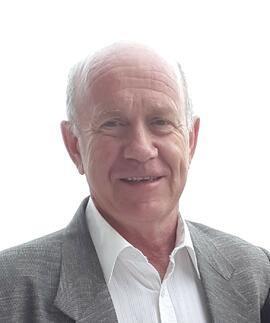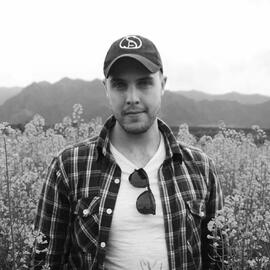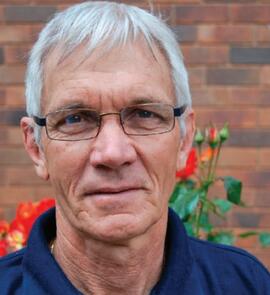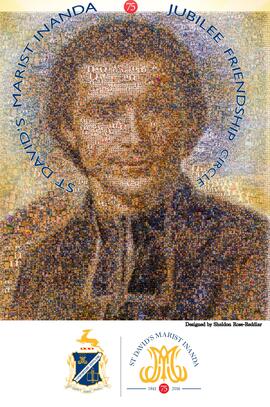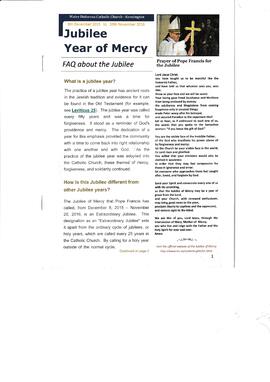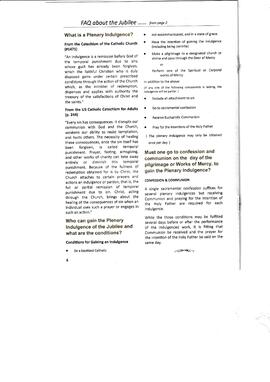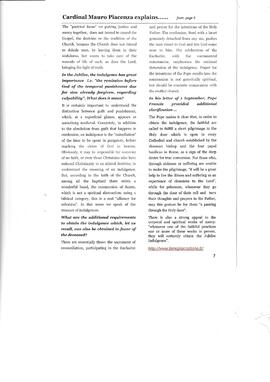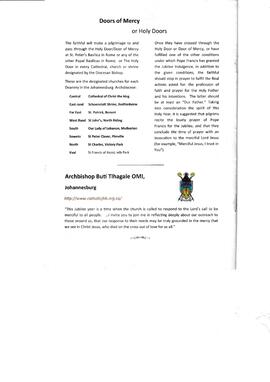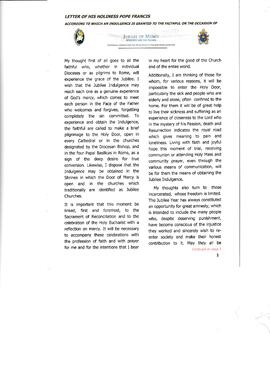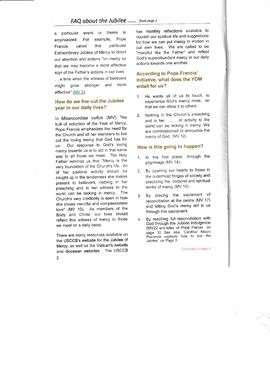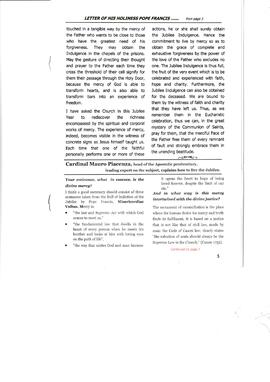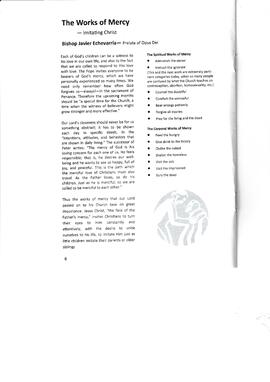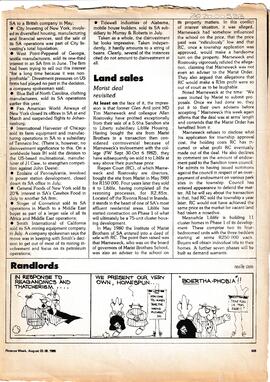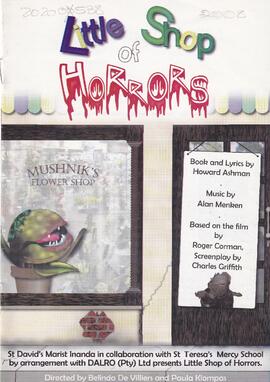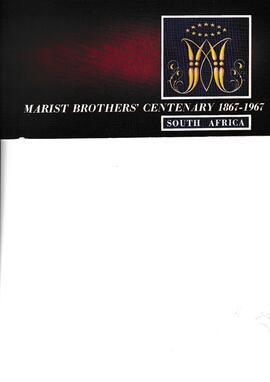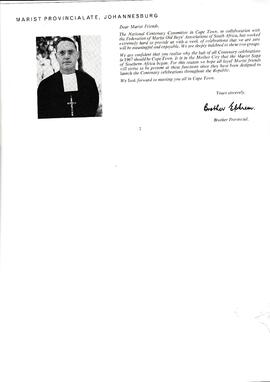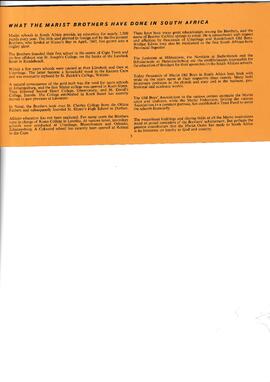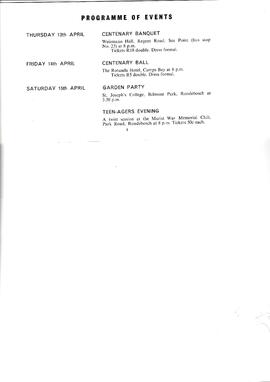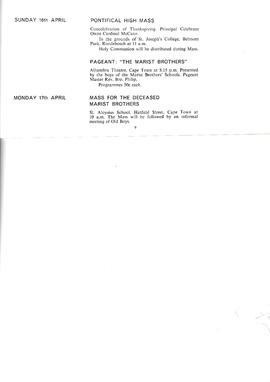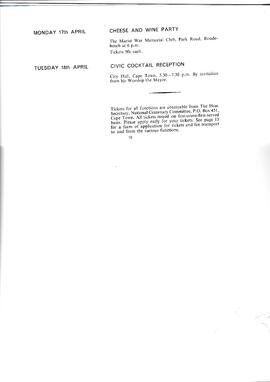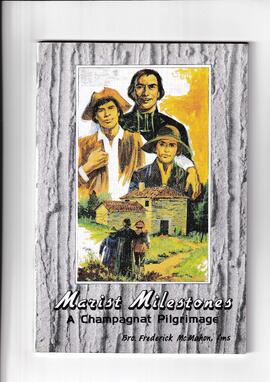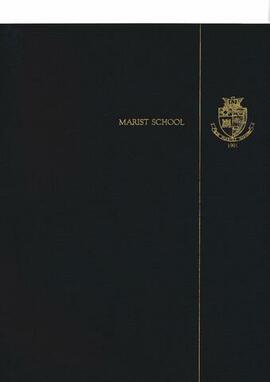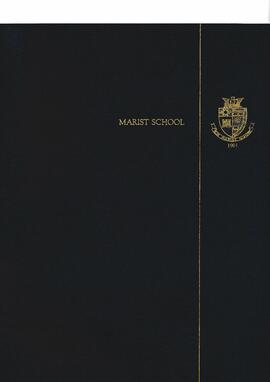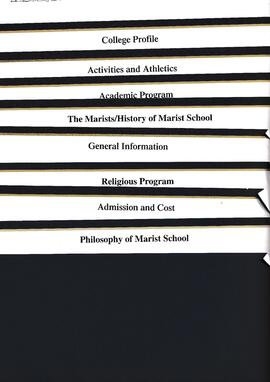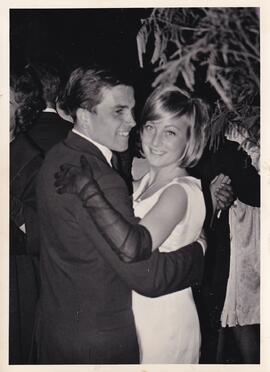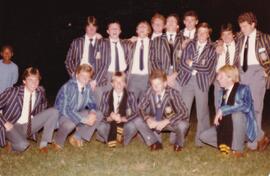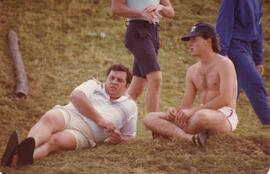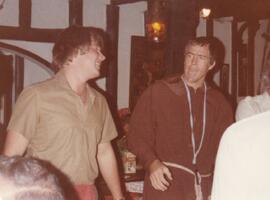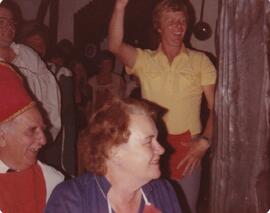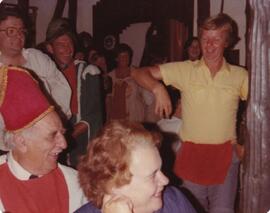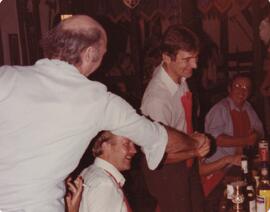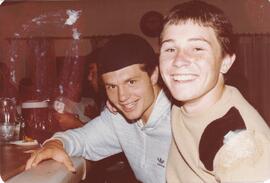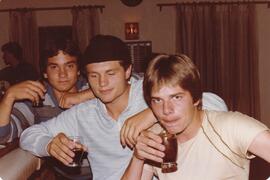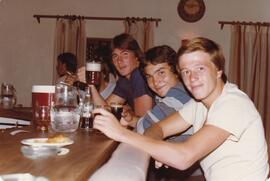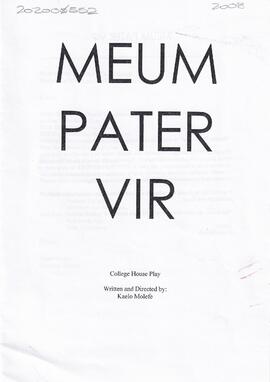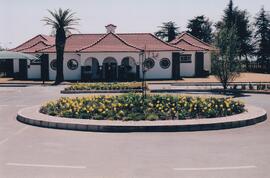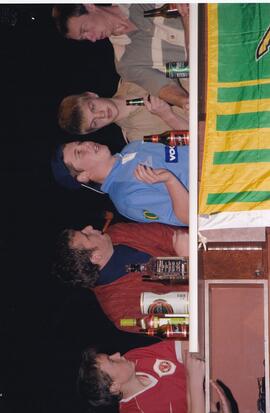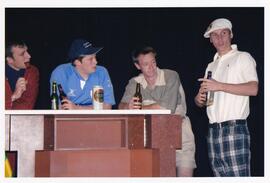Thank you very much to the Chairman of the Old Boy’s Committee – JP, for the warm introduction.
Good Morning Mr Thiel, to all the staff, parents, Old Boy’s and the whole College. It is a tremendous honour to be invited to our annual Old Boy’s Assembly to share a few thoughts and memories of my time here, whilst also sharing with you, what I have been up to ever since.
I arrived at St David’s in 1983. A petrified 5yr old who had no idea of what to expect. I was placed in Ms Walton’s class – the sweetest, caring and most loving grade nought teacher you could ever wish to have.
She completely embodied St Marcellin Champagnat’s belief that: ‘To teach children well, you must first love them, and love them equally.’
BUT, to be PAINFULLY honest, excuse the pun, there were also teachers who embodied the belief that ‘you have to love them equally, as well as BEAT them equally’. There was no discrimination!
The 80’s, like most decades in South Africa’s history and present unfortunately, was a challenging time.
Throughout Jnr school whenever the June 16th commemorations came about all the kids who lived in Soweto had to dress up in civvies to avoid being attacked by rioters for attending what were previously white only schools. There were literally teenagers creating roadblocks to check each car driving to the north if any children in a vehicle were wearing school uniforms.
We have a lot to be grateful for, for how some things have changed.
To avoid such situations I was invited by the Von Guilleaume family to stay over at their house. It was no wonder that Michael Von Guilleaume became the headboy in 1995.
In High School you could say I found my feet.
I was incredibly privileged to be part of an amazing generation of rugby players. From standard 6 to Matric, bar injuries I played with the same bunch of lads. Our first game in 1995 against Bryanston High was on the same day as the Rugby World Cup.
I remember revving ourselves up by saying if we win this game the Springboks will win the World Cup. We won!
We had the perfect rugby team.
Our front row were massive boy’s, our locks were tall and angry, our lossies were quick and athletic. Our backline was made up of a Zulu fly half who loved to run from the dead ball line, a half Greek, half Afrikaans inside centre alongside an Italian Stallion outside center, Simone Gallizio, may his soul rest in peace.
Our no.11, 14 and 15 were black boys who ran like we were being chased by Apartheid cops.
That same year St David’s had its first overseas rugby tour to Australia. The highlight of the tour was like a scene out movie. We were two tries down with a conversion needed to seal a win. In front of a packed stadium, with some of the crowd chanting monkey noises, with a few minutes left, first our fullback Karabo Denalane side step his way to the try line. Then from the kick off, deep in our half, after the full time buzzer had rang, through multiple phases the ball landed in my
hands. Touch down in the right hand corner. Our fly half Sydney Ngwenya slotted the conversion straight through the middle.
Such memories I will never forget.
But what has truly stayed within me, isn’t the rugby victories, in hindsight is our Marist motto.
Confortare Esto Vir, Take courage and be a man.
I'm not trying to be convoluted or overly sentimental but I believe that my school upbringing shaped
the man, human being, South African that I am today. After a stint at Wits then UCT I have ended being a filmmaker by profession.
My first big budget film which, I co-originated and co-produced, was released in 2017, it ended up being South Africa’s nomination for the 2018 best foreign language Oscars film. It came close but no cigar.
The film centred around a closeted gay relationship between two Xhosa men who are caregivers during a Xhosa initiation ceremony. For those who don’t know every year young Xhosa boys from the age of 13 to 18 are sent to an annual rights of passage ritual which is meant to transform boys to men. During the ceremony an outspoken and an openly gay initiate discovers the secret relationship of the closeted caregivers which results in deadly consequences. For me the idea for the film was inspired by Robert Mugabe. In and Around 2010 Robert Mugabe
Was carrying on as usual saying that being Gay is unAfrican that it is a disease exported from Europe. As a gay African, this clearly touched my heart.
Also at the same time across South Africa a phenomenon called corrective rape became popular. Where Lesbian were being raped in the belief that it would cure them of their sexuality.
In this fit anger the director and I came up with the idea for Inxeba. We wanted to show that Gay African men exist in all communities. From Urban to Rural.
Once we made film there was a massive backlash from particularly traditional quarters across the country. Which ended up having the film banned the film and publication board which controls what we see at the cinema.
We took the f.p.b tribunal to court where finally the ruling was overturned.
What I learnt during this experience is that there is a large proportion within our society who do believe in democratic principle of freedom of speech. I as well as the rest of the production team as well as the actors received death threats. I’ve been told never to show my face in the Eastern Cape.
Well as a filmmaker I see this a feather in my cap. A filmmaker worth his or her salt is meant to disturb, upset, inspire, disrupt and question the status quo. The greatest acknowledgement is when I get stopped in the middle of the street by young gay men, who close to tears thanking me for a telling their story. That is far meaningful than any international award.
In closing I want to end off with a Steven Spielberg quote:
‘ A dream is something you never know when it’s going to come into your life. Dreams always come from behind you, not right between your eyes. It sneaks up on you. But when you have a
dream, it doesn't often come at you screaming in your face, "This is who you are, this is what you must be for the rest of your life." Sometimes a dream almost whispers. The hardest thing to listen to is your own instincts, your own human personal intuition— it always whispers; it never shouts. It’s very hard to hear. So every day of your lives you have to be ready to hear what whispers in your ear. And if you can listen to the whisper, and if it tickles your heart, and it's something you think you want to do for the rest of your life, and you listen it. Then and the rest of us will benefit from it.’
I’ve tried to listen to the whisper, to that tickling in my heart, which I believe was by the foundation of being a Marist boy.
I wish the same for all of you. Listen to that whisper, listen to your hearts.
Thank you.

